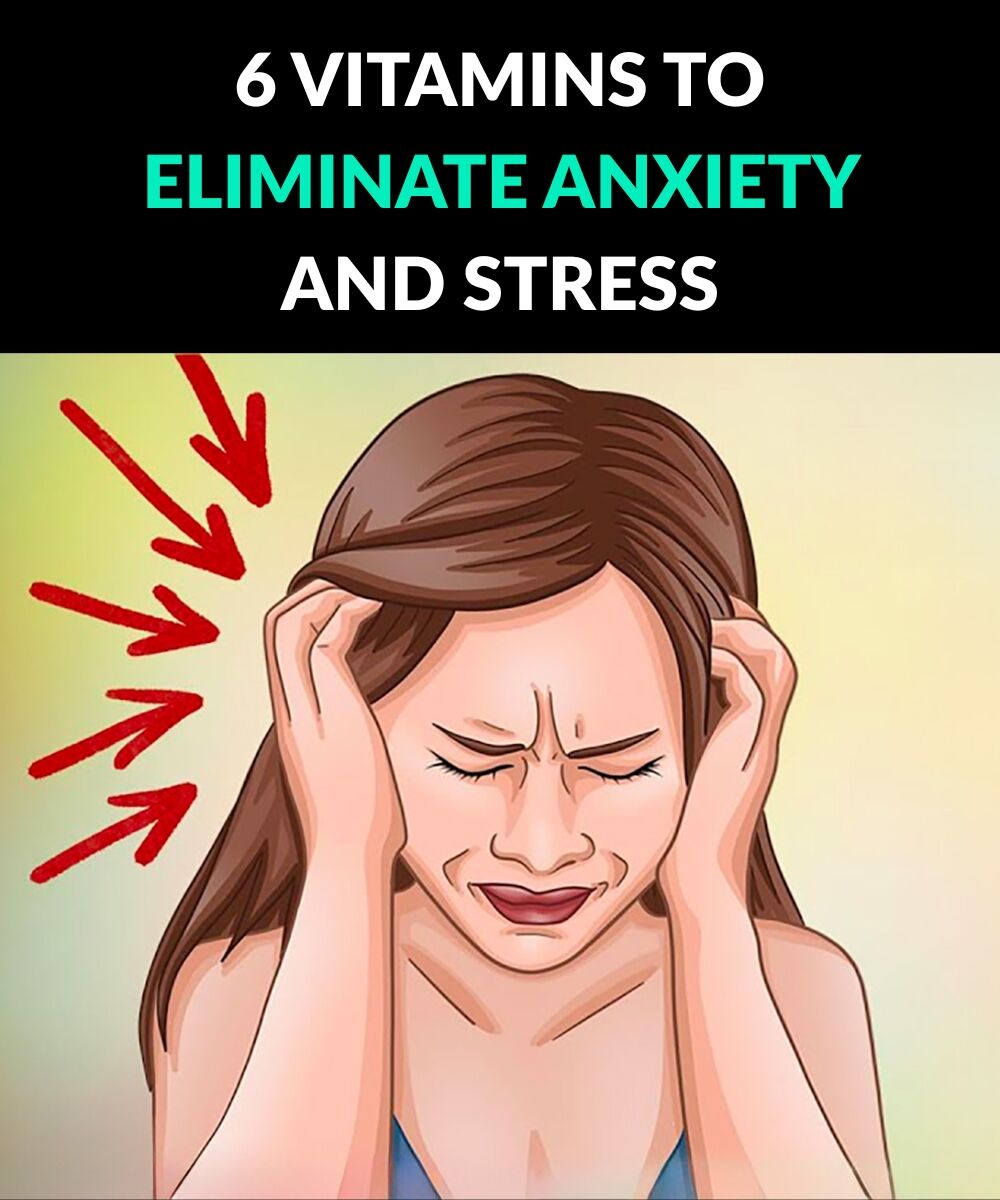
Anxiety is a disorder that locks your body into a constant state of fear, known as the “fight or flight” response. When your brain senses a threat, it signals the release of cortisol and adrenaline.
These stress hormones increase your heart rate, raise blood pressure, reroute blood to your muscles, and alter your breathing—all to prepare you to either escape the situation or confront it head-on as a survival mechanism.
Common signs of anxiety
Anxiety can show up in various ways, including:
- Trouble sleeping
- Memory lapses
- A choking or tight feeling in the throat
- Nausea
- Persistent negative thoughts
- Avoiding social settings
If left unmanaged for years, anxiety can increase the likelihood of developing health issues like heart disease or diabetes. Over time, the adrenal glands become overworked, leading to hormone imbalances in both men and women.

Key nutrients that can help calm anxiety
Here are six essential vitamins and nutrients that can help calm your stress response and relieve anxiety:
1. Vitamin B1 (Thiamine)
Many people struggling with anxiety lack thiamine. This vitamin fuels brain regions like the amygdala and hippocampus—areas that become active when you’re feeling emotional or under stress. Diets high in sugar, processed foods, or caffeine can drain your B1 reserves.
To boost your intake, try adding 2–3 tablespoons of unfortified nutritional yeast to meals like soups or salads. You can also eat more thiamine-rich foods like sunflower seeds, organic pork, pasture-raised eggs, and wild-caught fish.
2. Probiotics
Your digestive system is home to beneficial bacteria that not only support digestion but also produce B vitamins like B1, B2, and B12—nutrients important for emotional balance and long-term anxiety relief.
Feed your gut by eating fermented foods such as sauerkraut, kimchi, pickles, and kefir a few times a week.
3. Vitamin D
Those suffering from anxiety or poor sleep often have elevated cortisol levels. Natural sunlight helps your body produce vitamin D, which works to reduce excess cortisol and promote better rest and calm.
4. Magnesium and potassium
These minerals are essential for energy production in your cells. Found in leafy greens, both nutrients play a role in producing calming neurotransmitters like serotonin and GABA.
Add foods like avocados, kale, beet greens, collards, Brussels sprouts, cabbage, and radishes to your meals regularly to keep these minerals up.
5. Passionflower tea
If you struggle with anxiety, cutting out caffeine is key—coffee and soda can heighten anxiety symptoms. A good natural swap is passionflower tea, which contains compounds that enhance GABA activity in the brain, helping you relax.
6. Ashwagandha
This ancient herb has long been used to ease stress and anxiety. Rich in withanolides, ashwagandha helps lower cortisol, steady blood sugar, improve mood, and support restful sleep.

Lifestyle habits to reduce anxiety naturally
In addition to nutrition, these lifestyle practices can make a big difference:
- Eliminate stimulants like caffeine
- Replace coffee with calming teas (like lemon balm, valerian, lavender, or mint)
- Get outside and walk for at least 45 minutes a day
- Simplify your living space to create mental clarity
- Use relaxing essential oils like ylang ylang, jasmine, lavender, sage, and black cherry
- Prioritize sleep—aim for at least 8 hours per night and unwind with peaceful imagery before bed
Incorporating these habits and nutrients into your routine can calm your nervous system and boost your emotional well-being. With time, you may notice greater clarity, creativity, and ease in your daily life.

